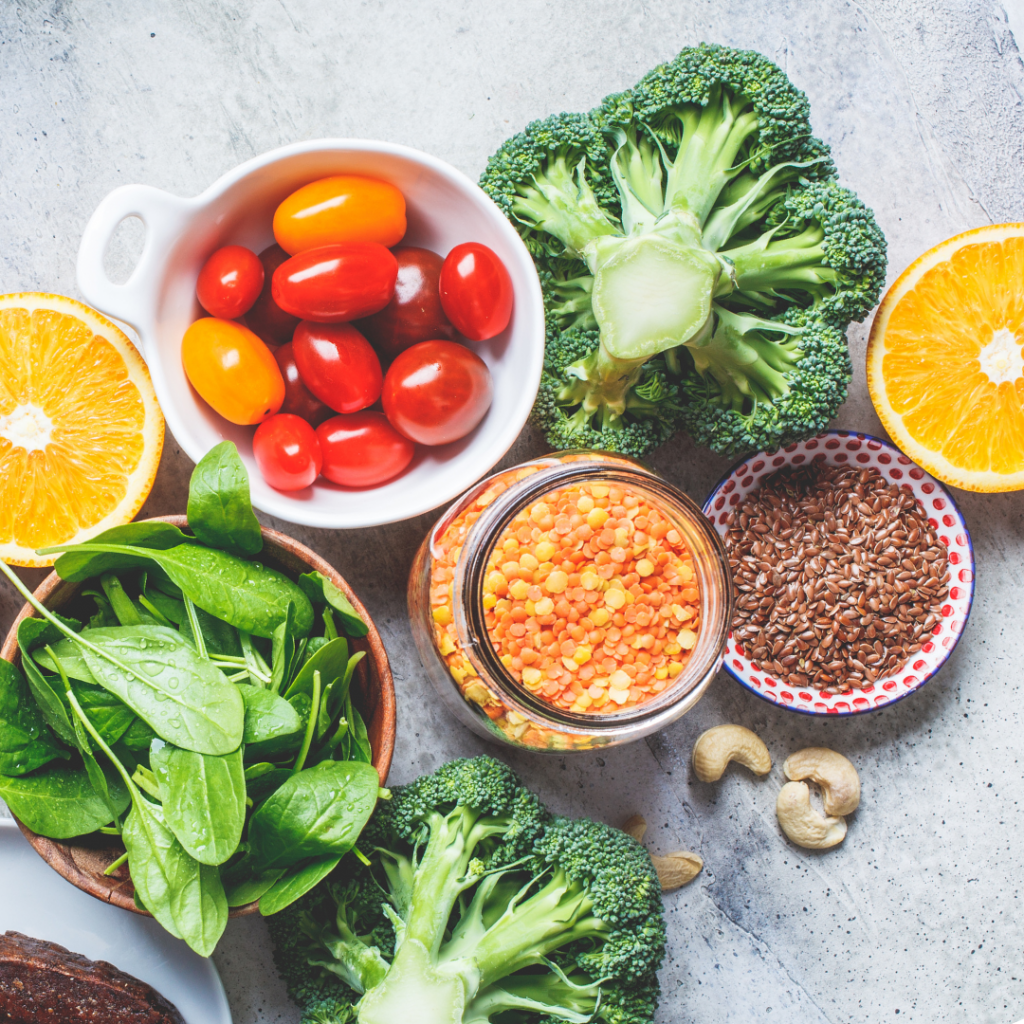As an athlete, there’s no question that you’re watching your diet to stay fit and healthy. You’re making sure that you fuel your body with enough energy to keep up those intense workout sessions, but not so much energy that you start to experience unwanted weight gain. Healthy sources of food, vitamins, and minerals like iron are also on your radar.
However, are you making sure that your micronutrient intake is in check? Or more specifically, your iron consumption?
Iron is a mineral that gets overlooked far too often in athletic diet plans and as a result, deficiency ensues. This is coupled with symptoms like fatigue, poor recovery, and lack of motivation to train.
Fortunately, it’s easy to combat. There are plenty of healthy and delicious iron-rich foods that any athlete can start including in their meal plan.
7 Great Sources of Dietary Iron
Here are 7 great sources of dietary iron:
- Lean Beef
- Oysters
- Soybeans
- Chickpeas
- Spinach
- Raisins
- Oranges
Lean Beef
That’s right – beef can and should be a healthy part of your diet plan. Many athletes avoid beef thinking it’s too high in fat to eat and stay lean, but this isn’t the case. If you choose very lean cuts of sirloin steak, you won’t be taking in all that much more fat than if you had chicken.
And, if you opt for grass fed beef, the fat it does include is actually a very healthy variety.
Beef is incredibly important because it’s a source of heme-iron, which is most readily used and absorbed in the body. When you eat this form of iron, you can be sure it’s being put to good use. Vegetarian sources of iron (non-heme iron) are not absorbed quite as well, so tend to be less effective.
Don’t fear beef. Just be smart with which cuts you select.
Oysters
Now, if you really just dislike beef altogether, consider oysters instead. These are also a form of heme iron that will help you get your needs met in a hurry.
Oysters are of special note for men because you’ll reap double the benefits as not only are they rich in iron, but they’re also a fantastic source of zinc as well.
Men need more zinc than women on a regular basis as zinc plays a key role in the formation of testosterone. Since testosterone is the primary hormone involved in strength and muscle development, it’s one that can have a dramatic influence on your performance.
And that’s not all. Oysters are also a great source of the important omega-3 fatty acids that will help boost your immune system while keeping your body lean.
Soybeans
While male athletes may want to tread lightly with soybeans as the jury is still out on the full effects of soy on the male body, women should consider including soybeans once or twice a week in their plan.
Soybeans are a rich source of protein and dietary fiber – two key elements of a healthy diet plan.
Plus, soybeans can help to potentially lower the risk factor for breast cancer according to a study published in the Progress in the Carcinogenesis journal, so yet another reason to get them in.

Chickpeas
If you’re a vegetarian, don’t fret – you can still get sufficient iron in your diet plan. Chickpeas are great sources of iron at nearly 5 mg per cup. Keep in mind female athletes should be aiming for around 18mg of iron per day while men need about 8 mg.
Chickpeas are also an excellent source of complex carbohydrates, so will work well to fuel those intense training sessions.
Spinach
Ever wonder why Popeye ate so much spinach? Now you know – it was because of the iron content. Spinach is a very low calorie food so excellent for those watching their body composition but yet, packs in a good dose of iron.
Spinach is also a nutrient powerhouse providing a wealth of other vitamins, minerals, and antioxidants, so it’s a must-have for any athlete hoping to boost their health.
It’s also a great source of calcium, which is another critical bone-strengthening nutrient for athletes who aren’t consuming dairy.
Raisins
A high-energy food for those who have an intense training session ahead, raisins can also offer a nice dose of iron to your body. This dense carb source is great for endurance athletes to take on the go as it provides a high amount of energy without causing you to feel weighed down.
Just keep in mind that since it does pack so many calories, you’ll want to measure your portion sizes closely.
Oranges
Last but not least, we have oranges. Now, oranges are not high in iron themselves, but they are included in this list because when you pair vitamin C with the non-heme iron sources that you eat, you’ll actually increase the absorption of the iron that you do eat.
So they are another important food for athletes to be taking in, especially if you aren’t eating red meat or oysters. If you aren’t a fan of oranges, not to worry, other vitamin C rich foods like red bell peppers, grapefruits, or berries will all work great as well.
So there you have a good list to help you figure out how you can start getting more iron into your daily diet. If you plan your diet wisely, there is no reason that you should be falling short in this mineral.
Reference:
Troll, Walter, et al. “Soybean diet lowers breast tumor incidence in irradiated rats.” Carcinogenesis 1.6 (1980): 469-472.


